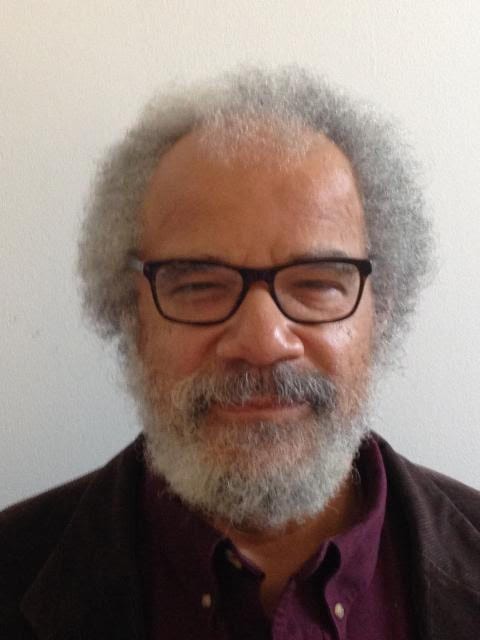
Each day leading up to the 2019 Minnesota Book Awards Ceremony, we’ll be featuring an exclusive interview with one of our 36 finalists. Learn more about these incredible local writers and gear up to see the winners announced live in person April 6.
Interview with William D. Green, author of Children of Lincoln: White Paternalism & the Limits on Black Opportunity in Minnesota, 1860-1876
Category: Minnesota Nonfiction, sponsored by Saint Mary’s University of Minnesota

How does if feel to be a Minnesota Book Award finalist?
I feel very honored. It’s wonderful to have one’s hard labor recognized and affirmed.
Tell us something about your finalist book that you want readers to know.
Immediately after the Civil War, white supremacy spread unabated throughout the South while discrimination continued as a way of life in the North, all occurring on the political watch of people who Frederick Douglass called, “the Children of Lincoln.” I wanted to know whether Minnesota’s Children of Lincoln were as complaisant as their national brethren. By looking at four persons – a U.S. senator whose tenure straddled the Civil War, an Irish Protestant immigrant farmer who became an officer in the Colored Regiments, a church and business leader, and a founder of Minnesota’s woman suffrage movement – I examine why these people who had championed freedom and political equality each came to distance themselves from the political, social and economic welfare of black people. As this happened, as the book recounts, there was no candid dialogue between blacks, stymied by the expectation to be grateful to their white patrons, and whites, who paternalistically judged blacks for the poverty in which most still lived despite the so-called “opportunities” that white patrons had provided them. Though racism was the rule of the day in both North and South, it was a sentiment that the “Children” attributed to Southern conservatives rather than to themselves. As the book concludes, self-satisfaction with one’s high-minded work of freeing slaves, winning the war and ratifying three constitutional amendment and civil rights enactments, was the surest way to watch the purpose and success of that work fade away. The Children of Lincoln, in short, is about how good guys allowed bad things to fester and ultimately damage their own ennobled legacy.
Let us know a little bit about your writing life. What brought you to a writing career and how did you become a published author?
It began when I discovered that a slave trial was held in a Minneapolis courtroom that resulted in rioting that spread throughout Minneapolis and the neighboring community of St. Anthony, which then ran along to the east bank of the Mississippi. Violence over slavery on the free soil of Minnesota in 1860: it all seemed so improbable. What did it mean? The question opened the portal into an unexamined corner of Minnesota history: the relationship between the state’s white and black residents, the interrelationships of power, paternalism, liberalism, and the presumed authenticity of our sense of exceptionalism, and the challenge to show grace as one tried to measure past deeds with the humanity of imperfect people. Examining and writing about all of this became my purpose in life.
Minnesota is often ranked highly as a state that values literature and reading. In your experience, what is it about our state that makes it such a welcoming place for writers and book creators?
Lots of physical spaces to inspire reflection and expression, public and private institutions that support these creative and (in my case) scholarly efforts, and a citizenry that values good storytelling regardless of whether its fiction or nonfiction. But, fundamentally, these are just elements that when combined create a place where writers and book creators want to be.
What is something you are good at that few people know about?
This is something that only my wife can know.
What do you love about libraries?
The quiet reverence for reading.
About William D. Green
William D. Green is a professor of history at Augsburg University, where he has taught for 27 years, during which time he also served as superintendent of Minneapolis Public Schools and vice president of the Minnesota Historical Society Executive Council. He has published numerous articles on race, civil rights and Minnesota history, and three books – A Peculiar Imbalance: the Fall and Rise of Racial Equality in Early Minnesota; Degrees of Freedom: The Origins of Civil Rights in Minnesota; and Children of Lincoln, mentioned above. Degrees of Freedom was awarded the 28th Annual Hognander Minnesota History Award, part of the Minnesota Book Awards.


